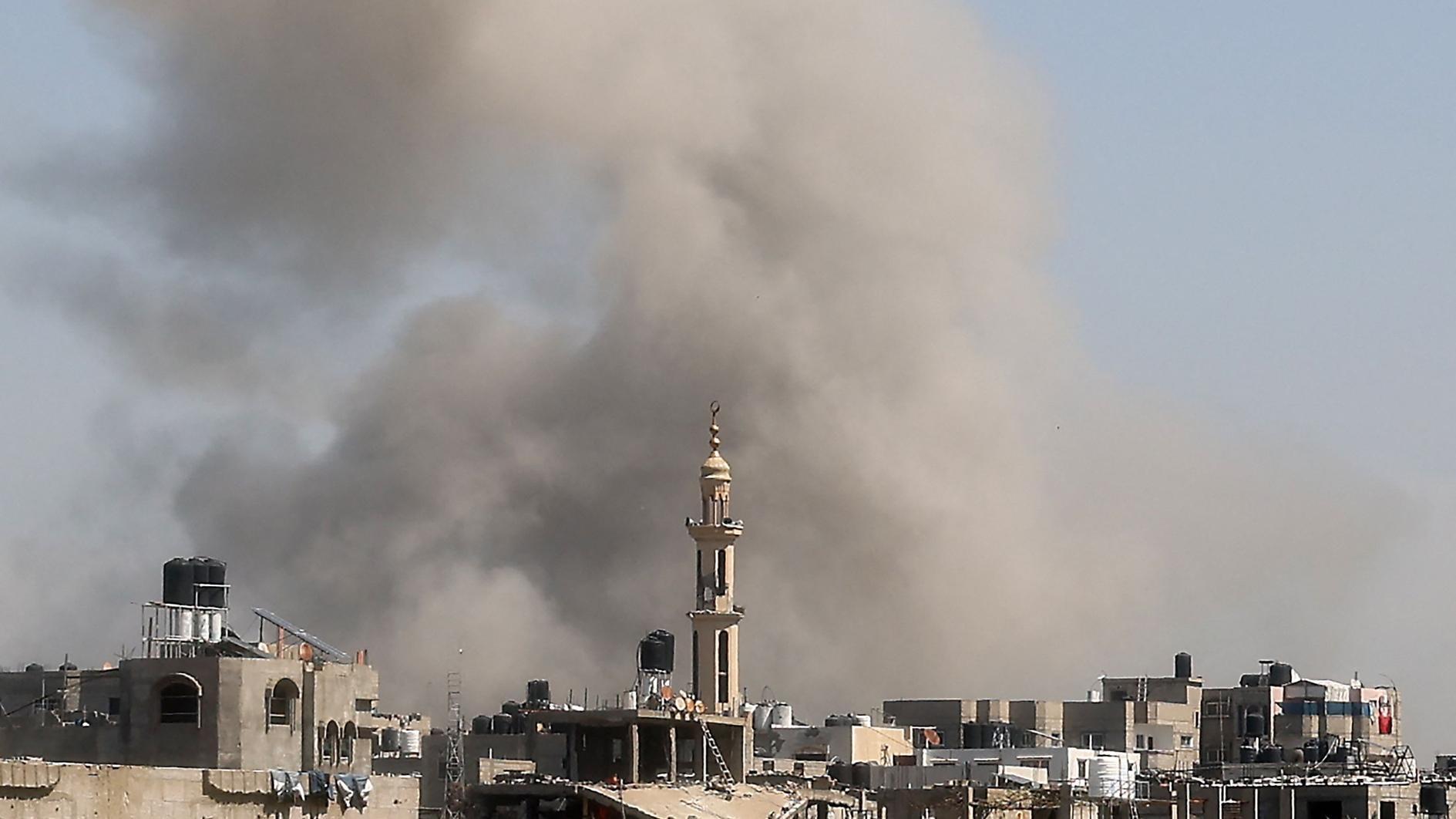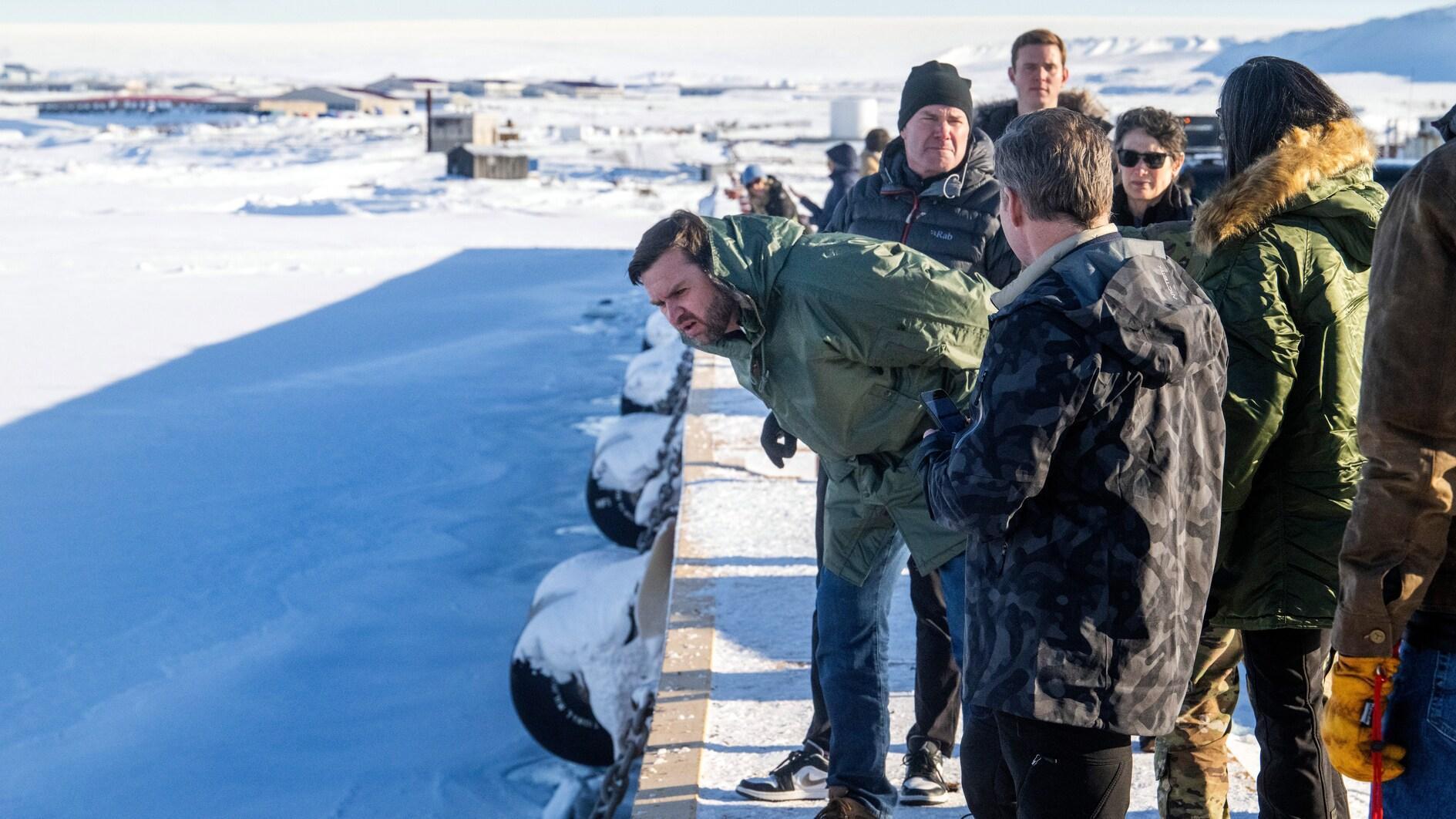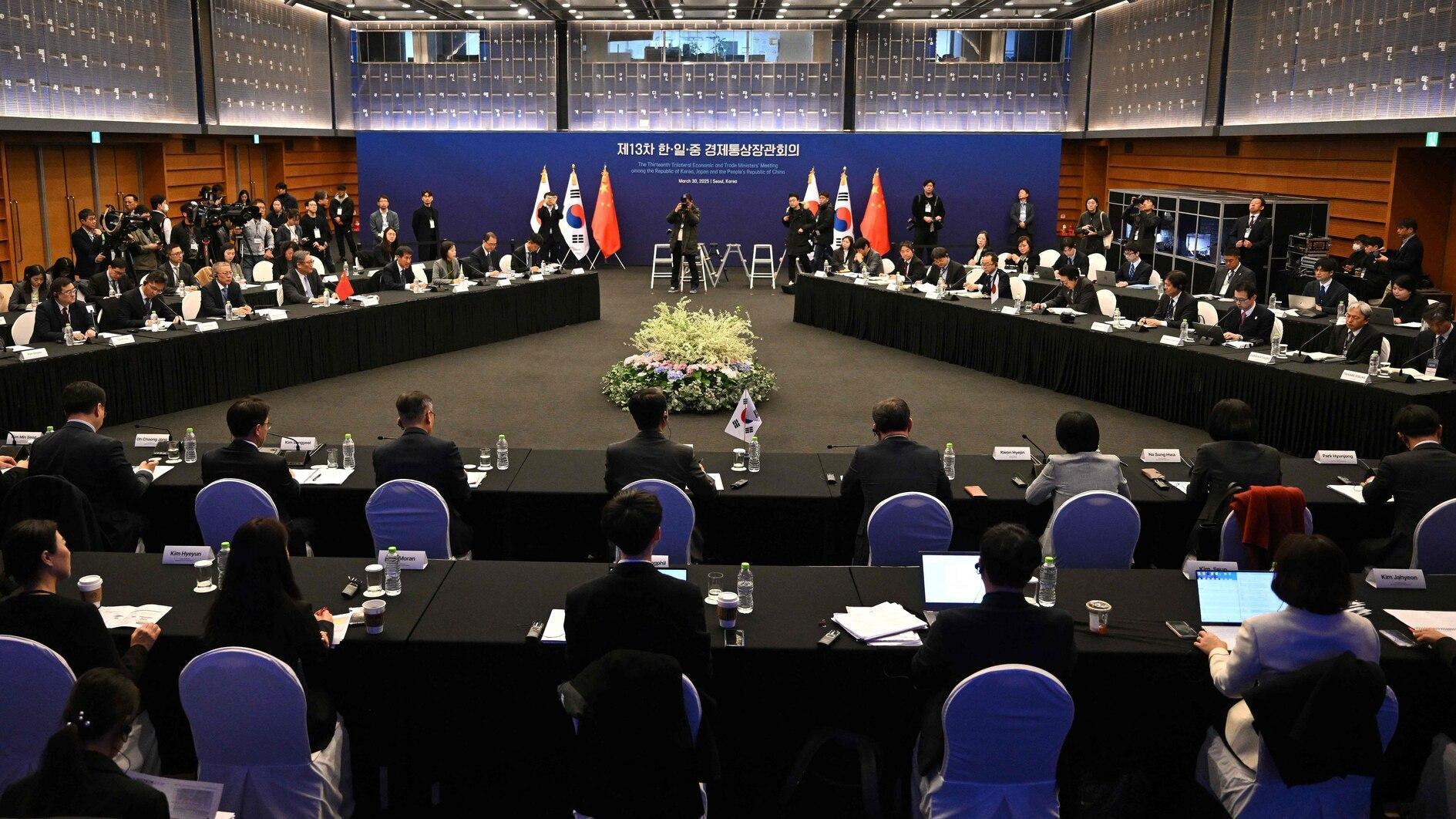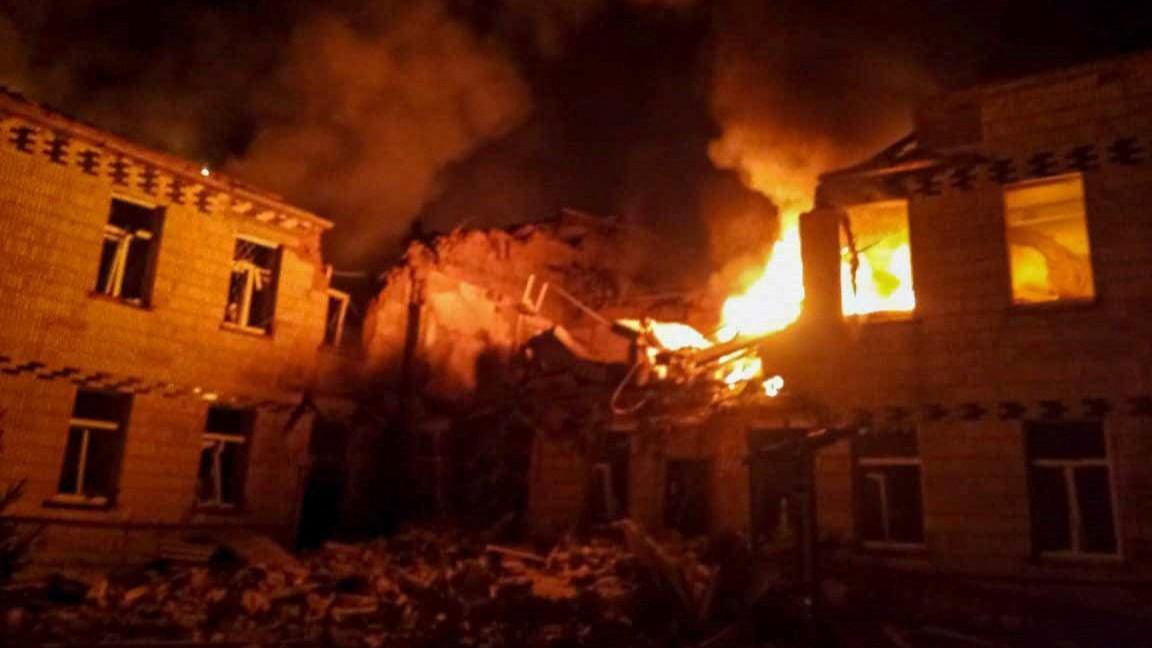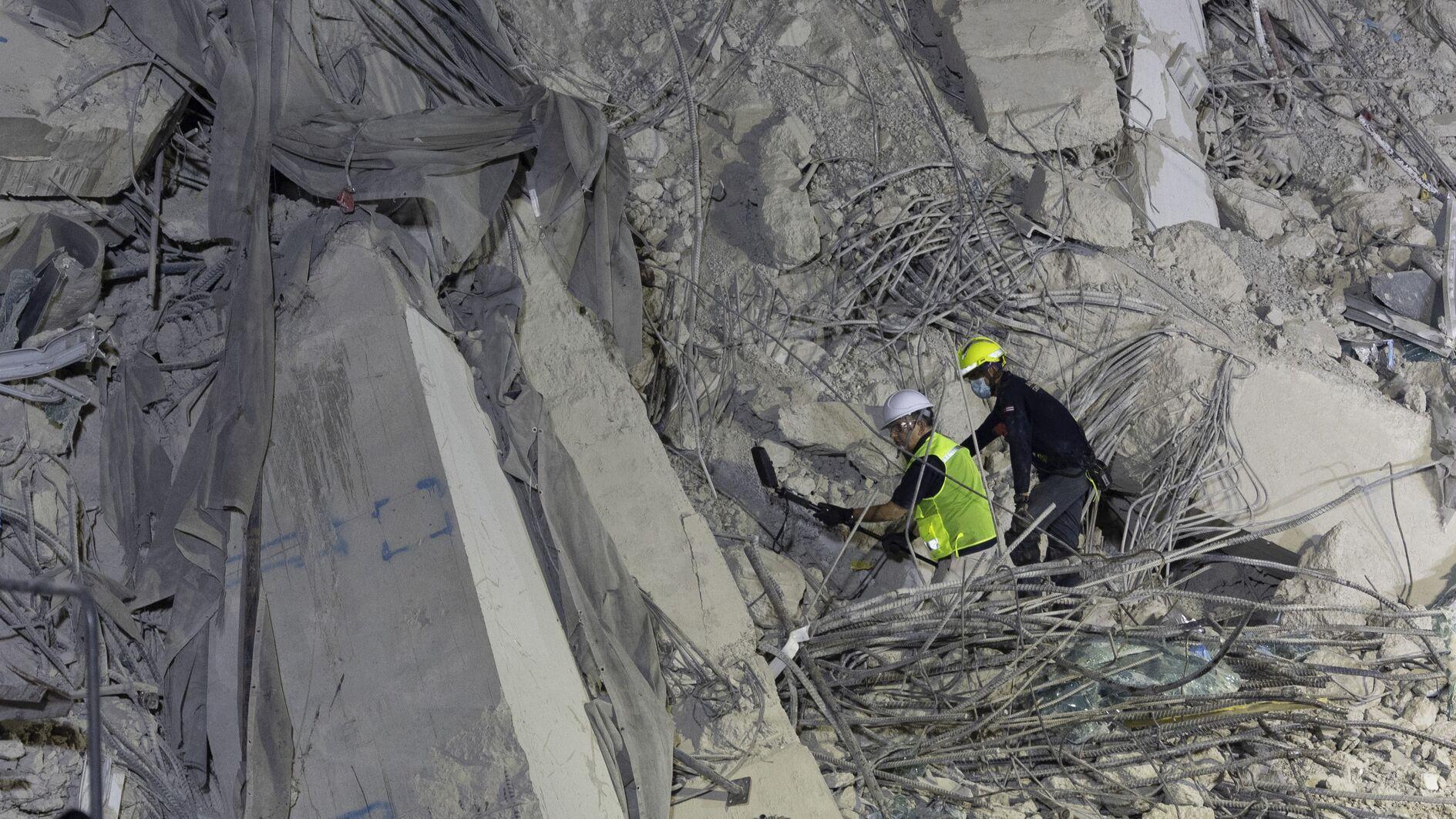Turkey denounces ‘occupation’ of Crimea on sixth anniversary
ANKARA
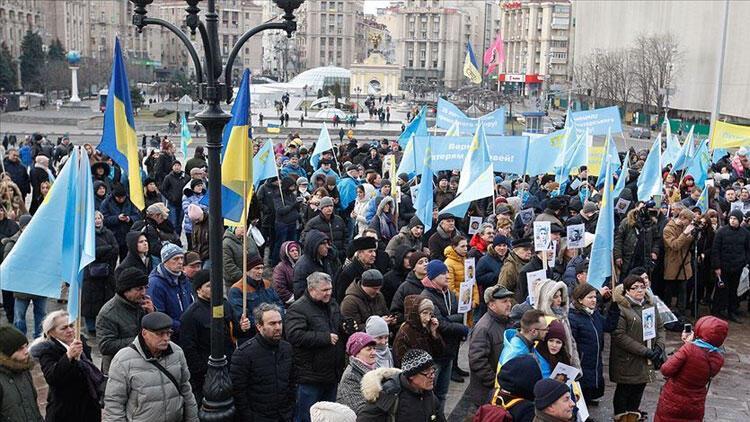
Turkey on March 15 denounced the Russian annexation of Crimea on its sixth anniversary and voiced support for the territorial integrity of Ukraine.
“Turkey and the international community do not recognize the illegal annexation of the Crimean Autonomous Republic of Ukraine by the Russian Federation based on an illegitimate referendum which was held six years ago today,” the ministry said in a written statement.
“On this occasion, we confirm once again our support for the territorial integrity and sovereignty of Ukraine, strategic partner of Turkey,” read the statement.
The ministry also said that Turkey prioritizes the “wellbeing and security of Crimean Tatars in their historic homeland.”
“It continues to be a priority for Turkey that Crimean Tatars… protect their cultural identity, and that their suffering resulting from the occupation is brought to an end,” it added.
Crimean Tatars are a Turkic ethnic group indigenous to Crimea. Many have opposed Russia's annexation of the Black Sea peninsula.
Crimea was first seized by Russian forces in the 18th century under Catherine the Great.
The 27,000-square kilometer territory is a lush peninsula that long has been a favorite vacation destination for Russians.
It became part of Ukraine in 1954 when Soviet leader Nikita Khrushchev transferred jurisdiction from Russia, a move that was a mere formality until the 1991 collapse of the Soviet Union meant that Crimea landed in an independent Ukraine.
The Kremlin has argued that Khrushchev’s move on Crimea violated Soviet law.
Russian troops swept into Crimea just days after the February 2014 ouster of Ukraine’s Russia-friendly president, catching the West by surprise.
The Russian forces blocked Ukrainian soldiers at their garrisons, setting the stage for a hastily called referendum in Crimea.
The move hasn't been recognized by most of the world's nations and that triggered Western sanctions against Moscow.


